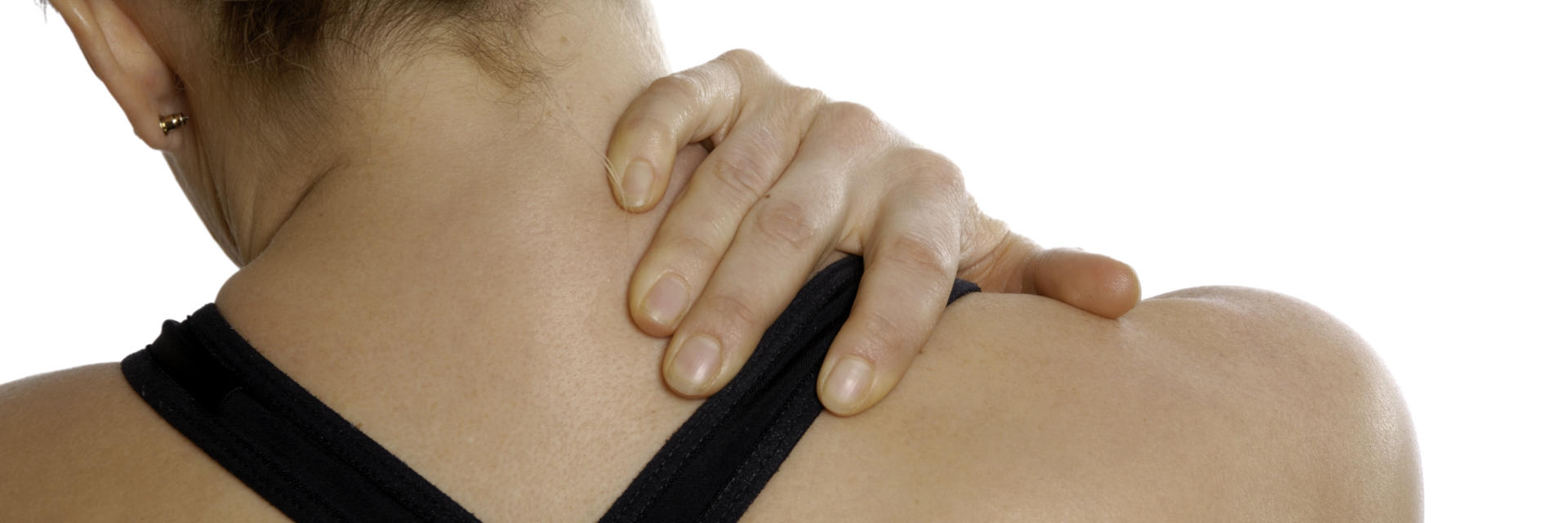Frozen Shoulder Treatment
The glenohumeral shoulder ball-and-socket joint includes the head of the upper arm bone (ball) and the scapula (socket). This joint is held in place with a ligament, referred to as the shoulder capsule, which stabilizes the joint and holds the bones in place. When this ligament becomes stiff or thickened, it can restrict shoulder movement, resulting in frozen shoulder. Our orthopedic team at Robotic Hip and Knee Replacement LA offers frozen shoulder treatment at our clinic in Beverly Hills.
Symptoms of Adhesive Capsulitis
Frozen shoulder, or adhesive capsulitis, can be caused by factors that prompt the shoulder capsule ligament to thicken. An injury or immobilization of the arm can result in lesions and thickening of the shoulder capsule. Certain diseases can trigger adhesive capsulitis, but there is not always an obvious cause. The symptoms of adhesive capsulitis include:
- Stiffness in the shoulder
- Increasing pain over several months
- Reduced range of motion of several months
- Difficulty raising arm above shoulder height
Frozen shoulder tends to occur in stages – freezing, frozen and thawing. The pain and motion restriction begins slowly, worsening over time. These stages can continue for several months each, lasting a year or more. To relieve shoulder pain and restore function quicker, medical treatment is needed to loosen a frozen shoulder.
Medical treatment for frozen shoulder begins with conservative therapies. Physical therapy, anti-inflammatory medications and steroid injections can offer relief from adhesive capsulitis. In severe cases where conservative treatments are ineffective at relieving symptoms, surgery may be recommended to release a frozen shoulder.
If you have symptoms of frozen shoulder and want to relieve your pain and functional limitations, contact us at Robotic Hip and Knee Replacement LA in Los Angeles to book your appointment. We can schedule an exam and consultation with our shoulder specialist, Dr. Farzin Kabaei.
